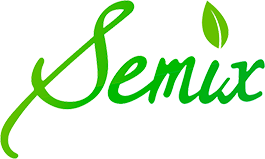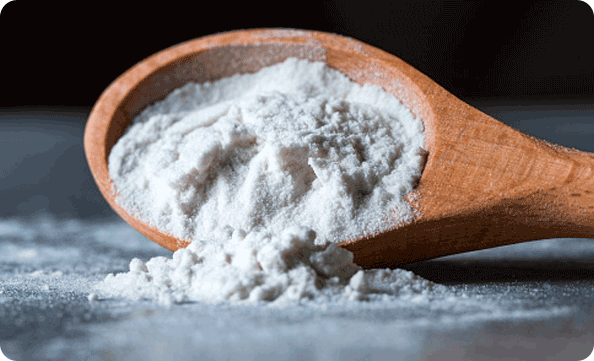
×
Although it is known that collagen is effective for the skin and body, there is no underlying knowledge about what organic collagen is. What mechanism does it use to have an effect on the body? Below, we will explain the basic knowledge related to collagen in a simple and easy-to-understand way.
Collagen is a type of protein. So what exactly is protein? Along with carbohydrates and lipids, protein is one of the three major nutrients in the human body and an important component of the body. Among the proteins that make up the human body, about 30% is collagen. When we hear collagen, we first think of the skin on our face and other areas, where collagen makes up about 70% of the skin. The collagen molecules in the dermis have a triple helix structure, which means they are composed of three chains of amino acids linked together. They play a role in giving the skin resilience and elasticity, and keeping the skin hydrated and healthy.
Of course, collagen is not only found in the skin, but is present throughout the body in various parts such as bones and blood vessels. Osteoporosis is common among elderly people, not only due to calcium deficiency, but also due to the decrease in collagen as they age. Organic collagen protein can maintain the flexibility of the inner side of bones, preventing them from becoming fragile and prone to fracture.
So far, 29 types of collagen have been identified in the human body, including Type I, Type II, and so on. Among them, 9 types are found in the skin and each plays an important role. The functions of all 29 types of collagen are still not clear. The most well-known is Type I collagen, which is predominantly found in the skin and is related to elasticity and strength. There are various types of organic collagen protein, including fiber-forming collagen, sheet-like collagen, collagen connecting the dermis and epidermis, collagen regulating fiber thickness, and collagen forming bead-like fibers.
Among the 9 types of collagen in the skin, Type I, Type IV, and Type VII are essential for maintaining the resilience and elasticity of the skin. Type IV and Type VII collagen are present in the basement membrane, which is the membrane near the boundary between the epidermis and dermis. To have resilient and elastic beautiful skin, it is necessary for collagen to be present in the correct structure. Collagen in the body gradually decreases with age, and the ability to produce new collagen also weakens. Many studies have been conducted to supplement the daily loss of collagen using supplements and foods, and now the ability to produce new collagen is attracting attention.
Organic collagen powder is a protein that builds the structure of the body and organs. When collagen in the body decreases, not only does the skin become more prone to wrinkles and sagging, but the various tissues in the body also become fragile. Collagen can be generated in the body. The most important thing is to maintain a balanced diet, as it is related to various nutrients. In particular, vitamin C is an essential component for collagen production. Foods rich in collagen include shark fin, chicken wings, and eel, among others. The collagen supplements and drinks available now can be roughly divided into two types: collagen derived from fish, and collagen extracted from mammals such as cows and chickens. There is not much difference between the two types in terms of collagen content.

+860573-87998299